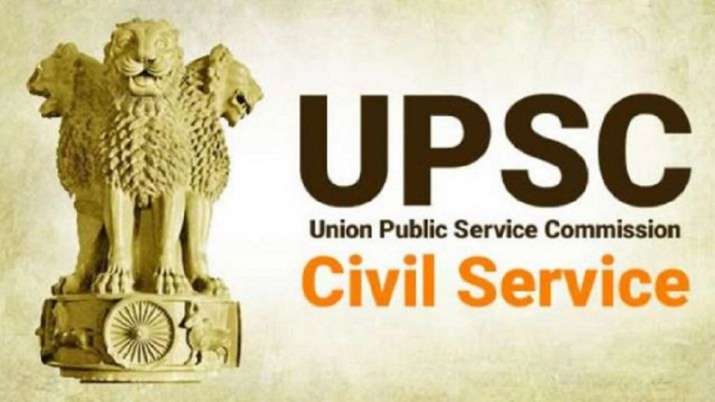Civil servants are often regarded as pillars of the nation's administrative machinery and are held in high esteem for their contributions to public service. Their work is recognized and appreciated by society, which adds to their sense of fulfilment and pride. Choosing civil services as a career can be deeply rewarding for individuals who are passionate about public service, committed to making a difference, and eager to contribute to the betterment of society. It offers a platform to serve the nation, lead change, and leave a lasting impact on communities and future generations.

The Union Public Service Commission conducts various examinations to recruit eligible candidates for the Indian Government. It also conducts the CSE (Civil Services Examination), which is also known as the IAS examination.
The Civil Services Examination (CSE) is a national competitive examination in India conducted by the Union Public Service Commission for recruitment to higher Civil Services of the Government of India, including the Indian Administrative Service, Indian Foreign Service, and Indian Police Service.
This exam is conducted in three phases: a preliminary examination consisting of two objective-type papers (Paper I consisting of General Studies and Paper II, referred to as the Civil Service Aptitude Test or CSAT), and a main examination consisting of nine papers of conventional (essay) type, in which two papers are qualifying and only marks of seven are counted; finally followed by a personality test (interview).

The Prelims’ stage of UPSC exam pattern consists of 2 papers –
General Studies or Paper 1
CSAT or Paper 2 (Qualifying in Nature,33% needed to qualify)
| Subject | Nature Of Paper | Exam Type | No. of Questions | Exam Duration | Marks |
|---|---|---|---|---|---|
| Paper I - General Studies | Merit Ranking (Marks not counted in Final merit) | Objective | 100 | 2 Hours | 200 |
| Paper II - Aptitude Test (CSAT) | Qualifying | Objective | 80 | 2 Hours | 200 |
| UPSC Prelims Total Marks | 400 | ||||
Paper I - (200 marks) Duration: Two hours
| Paper | Subject | Marks |
|---|---|---|
| Paper-1 | Essay | 250 |
| Paper-2 | General Studies–I (Indian Heritage and Culture, History and Geography of the World and Society) | 250 |
| Paper-3 | General Studies–II (Governance, Constitution, Polity, Social Justice and International relations) | 250 |
| Paper-4 | General Studies–III (Technology, Economic Development, Biodiversity, Environment, Security and Disaster Management) | 250 |
| Paper-5 | General Studies–IV (Ethics, Integrity and Aptitude) | 250 |
| Paper-6 | Optional Subject – Paper 1 | 250 |
| Optional Subject – Paper 2 | 250 | |
| Paper-7 | Sub Total (Written test) Personality Test Grand Total |
1750 275 2025 |
Literature of any one of the following languages:
Assamese, Bengali, Bodo, Dogri, Gujarati, Hindi, Kannada, Kashmiri, Konkani, Maithili, Malayalam, Manipuri, Marathi, Nepali, Odia, Punjabi, Sanskrit, Santhali, Sindhi, Tamil, Telugu, Urdu and English.
© 2026 Catalyst IAS All Rights Reserved.